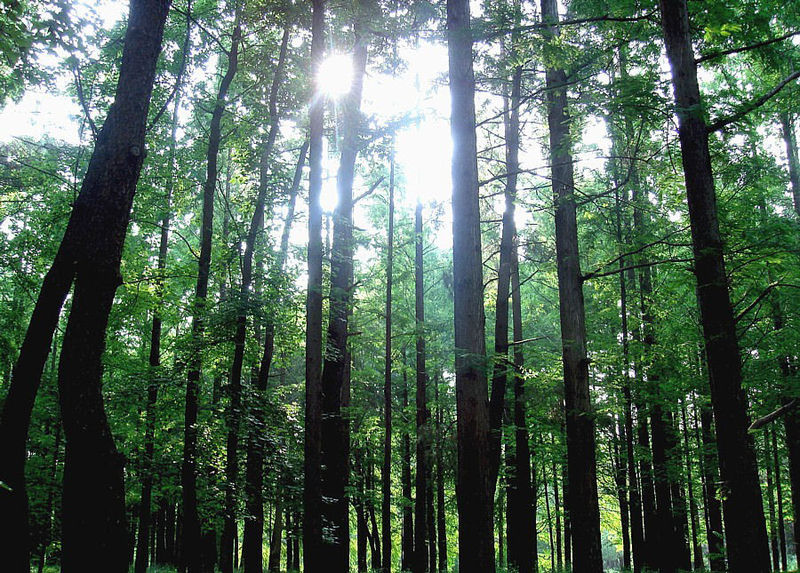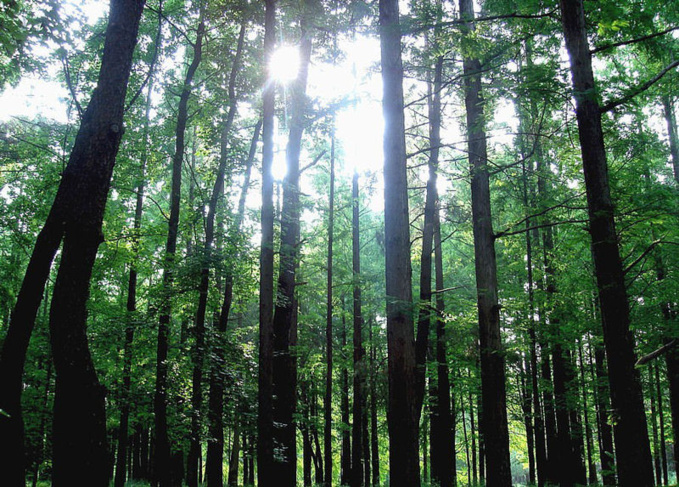In their opinion, the country's increasing dependence on forest biomass will help smooth out climate change, since growing forests absorb carbon dioxide through photosynthesis. In turn, the use of wood biomass obtained from plantations of fast-growing tree species will reduce the emission of new carbon dioxide into the atmosphere.
Currently, the Japanese use biomass as fuel for power plants. The wood is obtained during thinning of forests from fallen branches or trees, as well as from waste wood used for industrial purposes.
By planting "energy plantations" to grow exclusively biomass, the Japanese government believes, it will be possible to reduce labor and silvicultural costs by one third, since thinning forests would be supposedly unnecessary.
The use of biomass for electricity, according to Kyodo, will increase the degree of energy independence of Japan and provide it with resources in case of natural disasters and emergencies.
In addition, growing fast-growing trees instead of cedar, which is usually used in Japan for construction needs, will increase biomass production by 2.5 times, according to the country's government.
In July this year, the Japanese government set up an inter-ministerial expert group to study the technical feasibility of the "energy plantation" project.
Currently, renewable energy sources in Japan, such as wind generators and solar panels, account for 17% of all electricity. The country's government has set a goal to bring the share of renewable energy to 22-24% by March 2031, and reduce greenhouse gas emissions by 26% by 2030.
source: kyodonews.net
Currently, the Japanese use biomass as fuel for power plants. The wood is obtained during thinning of forests from fallen branches or trees, as well as from waste wood used for industrial purposes.
By planting "energy plantations" to grow exclusively biomass, the Japanese government believes, it will be possible to reduce labor and silvicultural costs by one third, since thinning forests would be supposedly unnecessary.
The use of biomass for electricity, according to Kyodo, will increase the degree of energy independence of Japan and provide it with resources in case of natural disasters and emergencies.
In addition, growing fast-growing trees instead of cedar, which is usually used in Japan for construction needs, will increase biomass production by 2.5 times, according to the country's government.
In July this year, the Japanese government set up an inter-ministerial expert group to study the technical feasibility of the "energy plantation" project.
Currently, renewable energy sources in Japan, such as wind generators and solar panels, account for 17% of all electricity. The country's government has set a goal to bring the share of renewable energy to 22-24% by March 2031, and reduce greenhouse gas emissions by 26% by 2030.
source: kyodonews.net



















